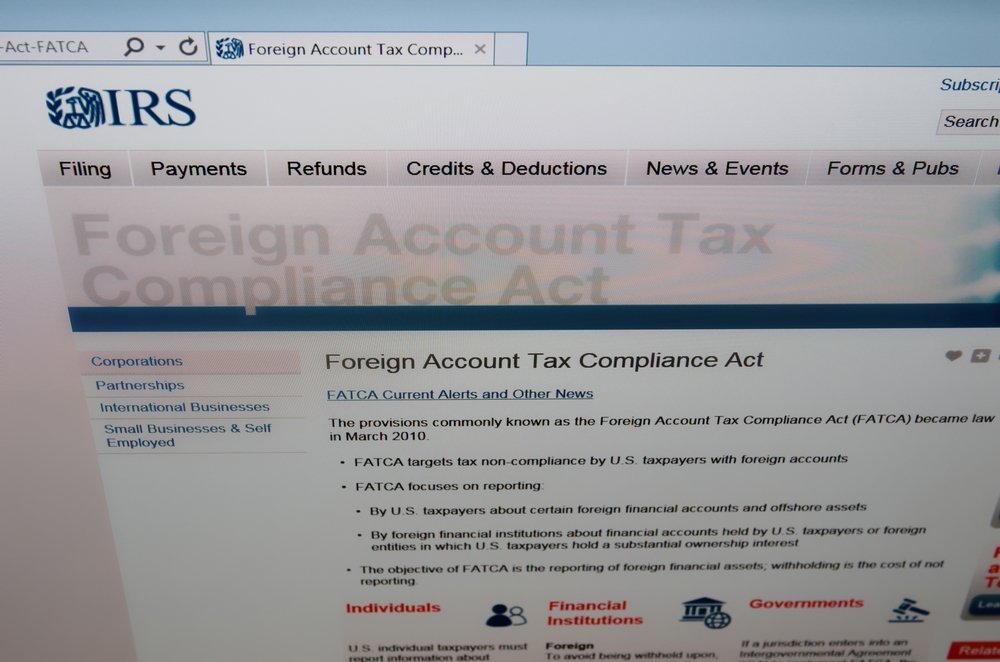By Anthony Diosdi
Introduction
For those who are or will be involved in international business and investment transactions, it is important to have some basic understanding of the relevant tax laws. These series of articles are intended to warn individual shareholders of controlled foreign corporations (“CFCs”) (whether individual or corporate) of mistakes that will likely catch the attention of the Internal Revenue Service (“IRS”) and trigger a potential costly audit. This is the six of a series of articles designed to educate CFC shareholders of mistakes that can catch the attention of the IRS.
Category 4 and Category 5 filers must attach a Schedule H of a Form 5471. Schedule H is used to report a foreign corporation’s current earnings and profits (“E&P”) for U.S. tax purposes. The instructions promulgated by the IRS do specifically instruct CFC shareholders to include GILTI income on Schedule H. Some tax professionals believe that this means GILTI income does not need to be disclosed on Schedule H. This is incorrect. Failing to report GILTI income on Schedule H of the Form 5471 is a mistake that will likely catch the attention of the IRS.
Who is Required to File a Schedule H?
Schedule H must be filed by Category 4 and Category 5 filers.
A Category 4 shareholder is a U.S. person who had “control” of a foreign corporation for an uninterrupted period of at least 30 days during the foreign corporation’s annual accounting period. Control is defined for Category 4 purposes as more than 50 percent of voting power or value utilizing Internal Revenue Code 958 attribution rules.
A Category 5 shareholder is a U.S. person who is a ten percent or greater shareholder in a corporation that was a CFC for an uninterrupted period of thirty days during its annual accounting period and who owned stock in the CFC on its last day of its annual accounting period.
What is a Schedule H?
A Schedule H is used to report a CFC’s current earnings and profits (“E&P”) for U.S. tax purposes. On Line 1 of Schedule H, a Category 4 or Category 5 filer must enter current year net income or loss (loss) per foreign books of account. This means that all of the CFC’s net income or loss must be disclosed on Schedule H. There are no exclusions for GILTI income. We have noticed a number of tax return preparers have a bad habit of omitting GILTI from Schedule H. If you have retained a professional to prepare your Form 5471 or you are preparing your own Form 5471 and you are a Category 4 or 5 filer, make sure that you are disclosing all of your CFC’s foreign source income on Schedule H. This includes foreign source income classified as GILTI.
Conclusion
Excluding GILTI income from Schedule H of a Form 5471 can be expensive. It can result in a reduction of foreign tax credits by ten percent, and a conditional penalty of five percent for each three-month period during which there is non-compliance with the Form 5471 reporting rules. In addition, the IRS can assess a flat penalty of $10,000 per year, with an additional $10,000 penalty accruing (ninety days after notification by the IRS of the filing of an incorrect Form 5471) every thirty days thereafter to a maximum $50,000 penalty per year.
If you are concerned how your Form 5471 is being prepared or has been prepared in the past, you should consult with a qualified international tax professional. We provide international compliance assistance and international tax planning services to domestic corporations. We also assist other tax professionals who need guidance regarding international tax compliance matters such as the preparation of Form 5471.
Anthony Diosdi is a partner and attorney at Diosdi Ching & Liu, LLP, located in San Francisco, California. Diosdi Ching & Liu, LLP also has offices in Pleasanton, California and Fort Lauderdale, Florida. Anthony Diosdi advises clients in tax matters domestically and internationally throughout the United States, Asia, Europe, Australia, Canada, and South America. Anthony Diosdi may be reached at (415) 318-3990 or by email: adiosdi@sftaxcounsel.com.
This article is not legal or tax advice. If you are in need of legal or tax advice, you should immediately consult a licensed attorney.
